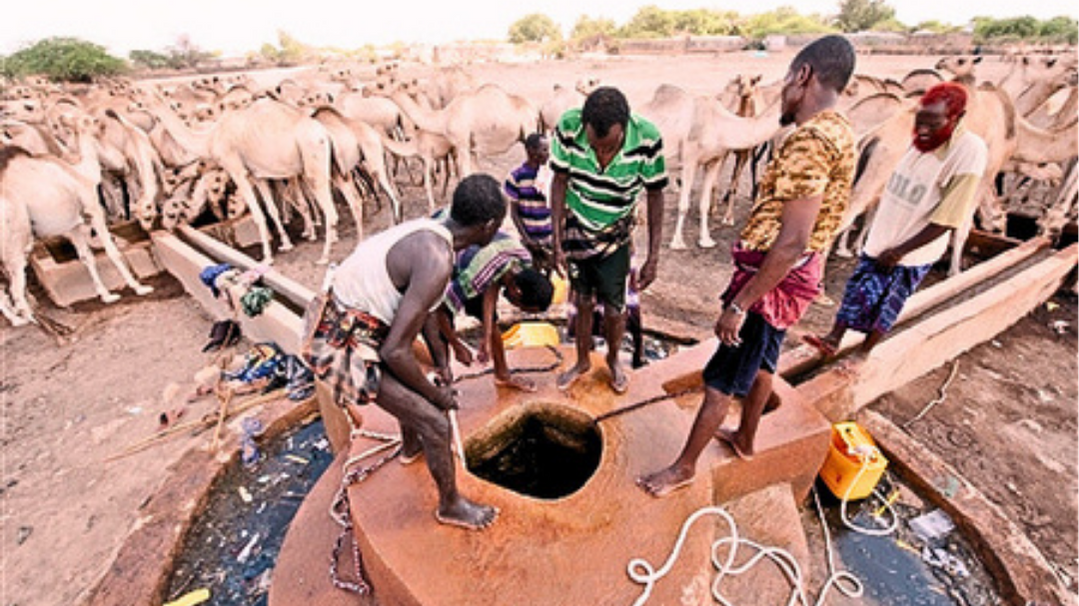Key Objectives
-
Improving Access to Clean Water and Sanitation:
The cornerstone of the project was enhancing WASH infrastructure, ensuring that communities have access to clean and safe water sources. Simultaneously, sanitation facilities were improved, promoting hygiene practices crucial for preventing waterborne diseases.
-
Promoting Comprehensive Health Interventions:
Health was at the heart of this initiative. IDTC aimed to enhance healthcare delivery, focusing on preventive measures, maternal and child health, and the overall well-being of community members. This involved capacity building for healthcare providers and the establishment of community health initiatives.
-
Nutrition Education and Support:
Recognizing the significance of nutrition in overall health, the project included comprehensive nutrition education programs. IDTC worked closely with communities to address malnutrition, especially among vulnerable groups like women and children, through education and support programs.
Community-Centered Approach
IDTC's methodology centered on involving and engaging the community. The advisory for the project highlighted a collaborative approach, steering away from a top-down imposition and instead emphasizing the importance of respecting and integrating local knowledge and practices. Actively engaging community members in decision-making processes ensured the development of culturally sensitive and sustainable solutions.
Capacity Building for Sustainable Impact
An essential component of the project entailed capacity building at different levels. IDTC provided guidance for local healthcare providers to undergo training, enhancing their skills for improved healthcare delivery. Moreover, community members were encouraged to gain the knowledge and skills necessary to actively manage their health, sanitation, and nutritional requirements.
Monitoring and Evaluation
IDTC's commitment to transparency and accountability was reflected in robust monitoring and evaluation mechanisms. Regular assessments gauged the project's effectiveness, allowing for adaptive strategies and ensuring that the interventions aligned with the evolving needs of the communities.
Anticipated Impact
The Development of Integrated WASH, Health, and Nutrition Project aspired to create a ripple effect of positive change. Improved health outcomes, enhanced resilience against waterborne diseases, and a noticeable reduction in malnutrition rates were among the anticipated impacts. Furthermore, IDTC's project advisory laid the foundation for sustained community empowerment, nurturing a sense of ownership and self-sufficiency.
In weaving together the intricate threads of WASH, health, and nutrition, IDTC's guidance emerged as a beacon of comprehensive community development. As it unfolds in the regions of Kismayo, IDTC not only addressed immediate challenges but paved the way for a sustainable and healthier future. Placing the community at the forefront, IDTC reiterated its dedication to advisory development that was transformative and centered around the people in Somalia.


